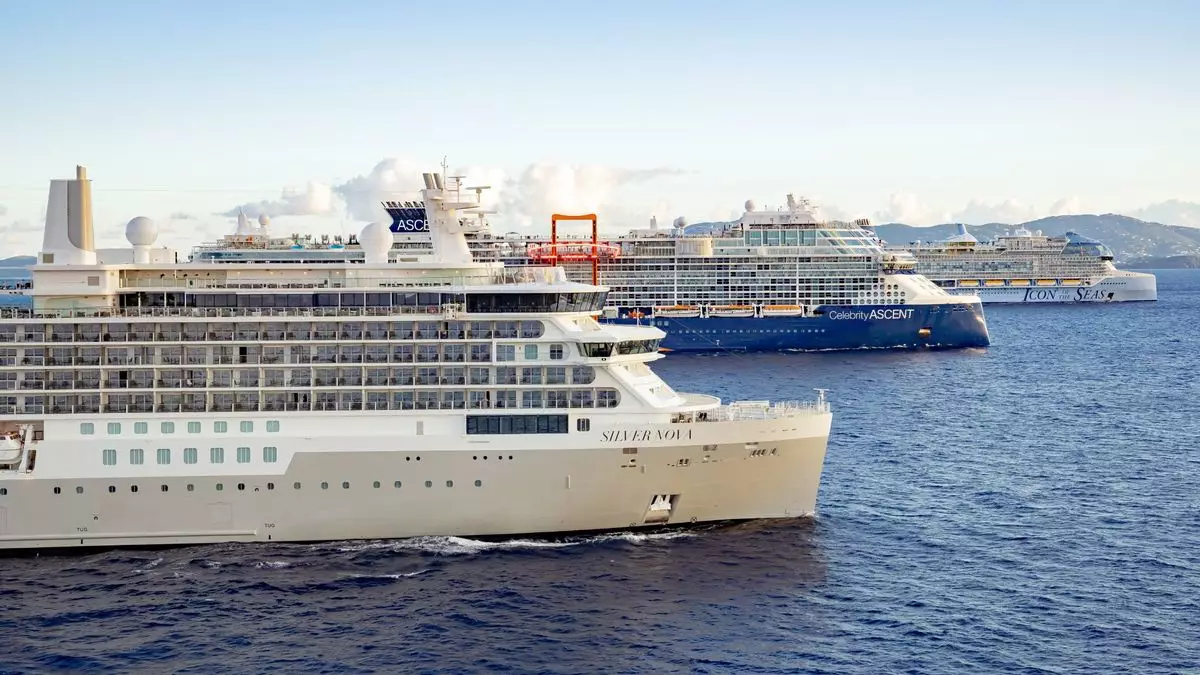Cruise travel agent Kelly Brewer faces a challenge when trying to convince her clients to switch cruise lines after achieving loyalty status with Carnival Cruise Line. Many clients are reluctant to switch to another brand, even when presented with similar rates, due to the sense of pride and achievement that comes with reaching higher status levels on Carnival. This highlights a key aspect of consumer behavior – the emotional attachment and sense of exclusivity that comes with loyalty program perks.
Loyalty programs have played a significant role in maintaining brand loyalty among consumers. Cruise lines have been exploring new ways to reward and retain loyal customers by offering status-matching programs that recognize and appreciate travelers who have dedicated themselves to a particular brand. This signals a shift in focus from customer acquisition to customer retention, as businesses strive to increase customer lifetime value. As Jeff Zotara, Chief Marketing Officer of Arrivia, points out, loyalty program development is currently at an all-time high, with businesses looking to create longer-lasting relationships with their customers.
Cruise industry loyalty programs offer a range of perks to loyal customers, including free WiFi, complimentary drinks, discounted spa treatments, and priority boarding. These perks become more exclusive as customers reach higher status levels, with some programs offering unique experiences such as exclusive receptions for top-tier guests. The way loyalty status is awarded varies among cruise lines, with some based on the number of cruises taken, days sailed, or points accumulated through purchases.
Royal Caribbean Group has capitalized on the renewed interest in loyalty programs by introducing a status match program that transfers a guest’s highest status tier across sister brands, such as Royal Caribbean International, Celebrity Cruises, and Silversea Cruises. This allows guests to enjoy consistent benefits across different cruise experiences within the family of brands. Few cruise lines offer similar programs that match status within their sister brands, with some lines recognizing loyalty points earned with partner companies.
Newcomers to the cruise industry, such as Virgin Voyages, are strategically using loyalty programs to raise brand awareness and attract new customers. Virgin Voyages ran a successful promotion to match the status of guests from other travel sectors, like airlines and hotels, showcasing their commitment to rewarding and retaining loyal customers. Similarly, MSC Cruises matches the status of guests from other cruise lines to offer additional perks, reflecting a trend towards inclusivity and flexibility in loyalty programs.
As the cruise industry continues to evolve, loyalty programs will play a crucial role in creating lasting relationships with customers. By adapting to changing consumer behaviors and preferences, cruise lines can stay competitive and attract a broader customer base. The emphasis on recognizing and rewarding loyal customers will drive innovation in loyalty program offerings, ultimately shaping the future of customer loyalty in the cruise industry.


Leave a Reply